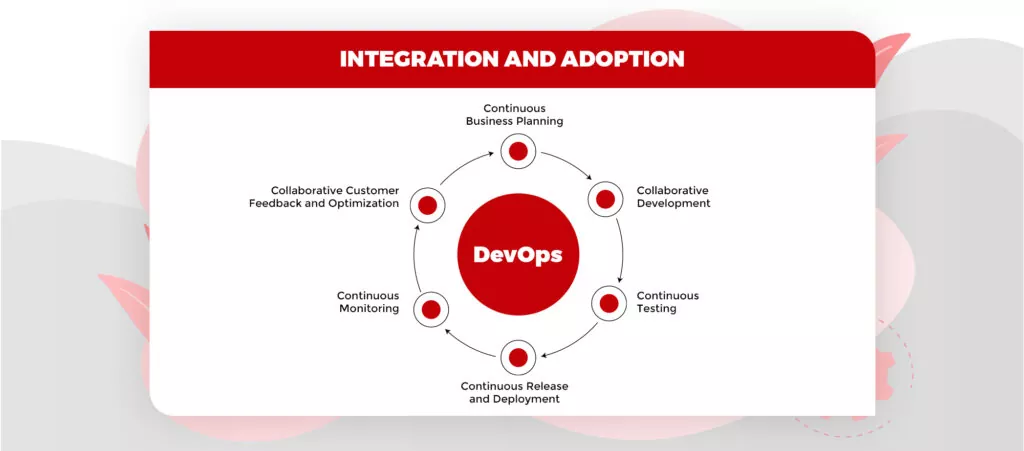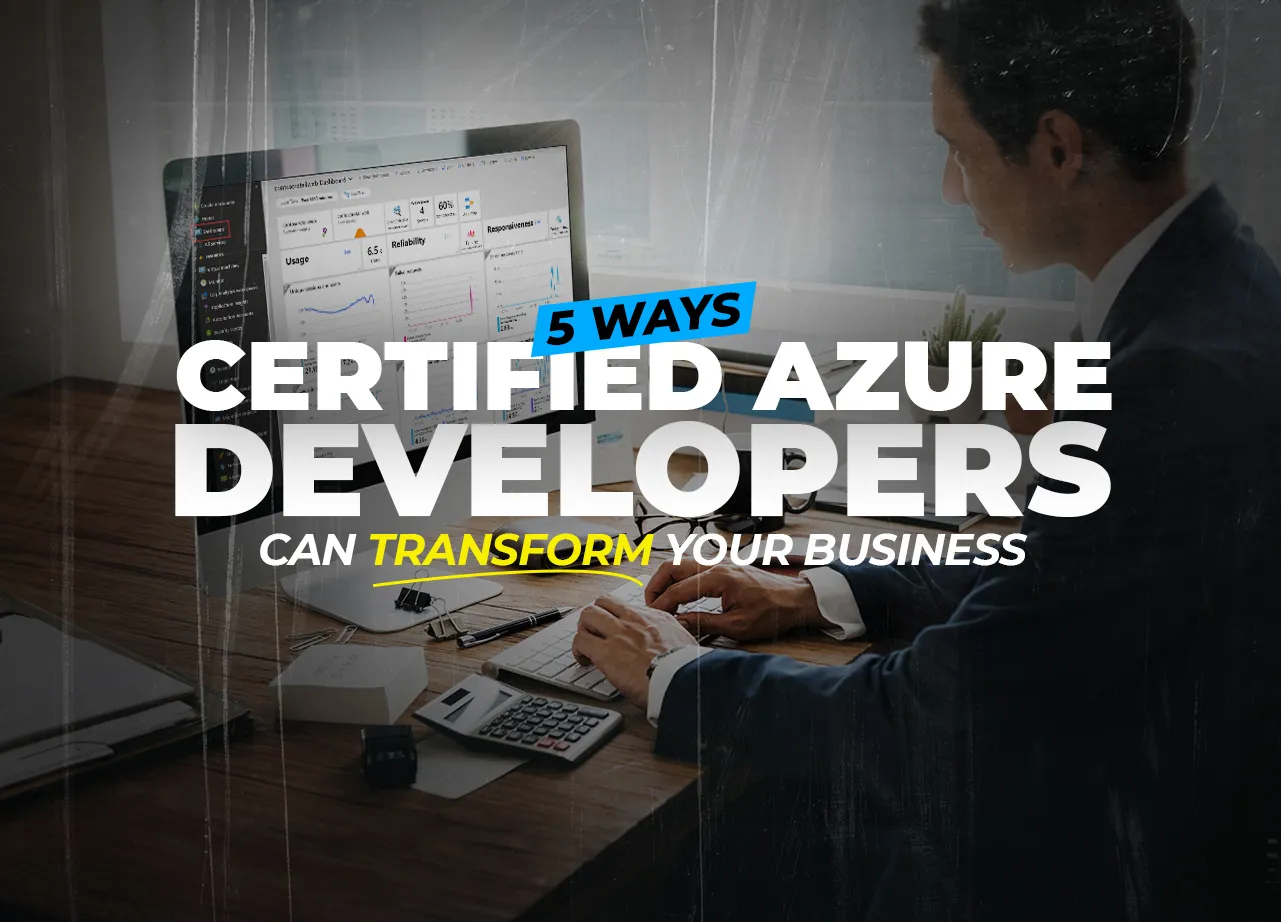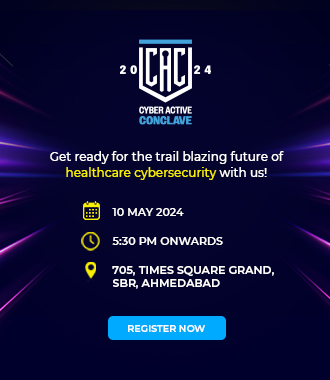
DevOps is in trend! Who doesn’t like to go with the trend😜? However, before adopting the trend, having a deep understanding of it is a must. It looks like every organization is trying to implement DevOps nowadays but not all are reaping its optimum benefits. The actual problem lies in rushing into things and having no clear vision of them.
In this article, we would be discussing on challenges of DevOps Adoption and what could be the possible solution. But before we start, there’s one important thing to mention – The needs and challenges of every organization are different and unique. In this blog, we have mentioned the top 10 DevOps challenges and solutions that are not specific to any industry or so. Chances are there that you may face challenges not mentioned here, in that case, please reach out to us. Also, there are problems that can be solved with our experiences. So, let’s get started with the very first DevOps Adoption challenge..
Table of Contents
Toggle
Table of Contents
Toggle

Image Source: Open Sense Labs
DevOps Challenges 1: Overcoming the Dev vs Ops mentality
In many organizations, where developers are attempting to innovate and make changes as fast as could be expected, and the operations group are attempting to keep up with high help levels. This is one of the technical challenges in DevOps.
The objective of these two teams is to counter one another, causing fictions points and bringing about handovers and expanded expenses, alongside longer feedback loops.
DevOps is about integrating teams (Dev + Ops) together and mitigating the silos within the IT organization. It starts by setting out a vision on how this will function for your company.
Understanding the jobs and obligations of where dev stops and operations start, and how these can best be coordinated together, is an extraordinary beginning stage for any organization, and it’s the primary obstacle that it needs to deal with as it takes on DevOps practices.
Also Read – DevSecOps Vs DevOps – Which Is Better?
DevOps Challenges 2: A common understanding of Continuous Delivery practices
After you’ve identified that your code should be consistently delivered to limit feedback loops, and your engineers have carried out pipelines and CI tooling that empower you to do this, you want to pose yourself this inquiry:
Do your teams truly get what it means to consistently deliver your product into your environment and at a more prominent frequency?
Most of the organizations will have their own meaning of how Continuous Delivery affects them. In general, we can characterize Continuous Delivery as a bunch of processes that permit you to reasonably deliver new programming changes, all things considered (new features, bug fixes, and so on) by guaranteeing that your engineers’ progressions never break the main project—keeping up with it in an always-deployable state.
Giving a clear and reasonable meaning of Continuous Delivery for your organization can help in setting up a typical understanding of what it means to continuous delivery and how to accomplish project goals.
DevOps Challenges 3: The transformation from a legacy infrastructure & architecture to microservices
Older frameworks and applications with complex infrastructure can be problematic, regardless of whether they have served the organization for a really long time. Shifting from one legacy infrastructure to another is the main challenge in DevOps implementation.
Utilizing infrastructure as-code along with a microservices design is a big step towards a future of continuous innovation, which brings in direct modernizing the entire SDLC and permits the business to rapidly adjust to changing business sectors and client needs.
Moving towards a more cloud-native ecosystem operating on microservices architecture can open up the conduits to quicker development. Likewise, it’s essential to have a strong foundation around automation, continuous delivery practices, and configuration management to adapt to the increased functional responsibility that microservices bring.
DevOps Challenges 4: Too Much Focus On Tools
With the thrilling possibility of taking on DevOps, new instruments in the market can seem like they can solve every issue under the sun. But with the arrival of new tools in the market, every organization is forced to train its employees on how to operate them meeting all the security measures and well-integrated with existing infrastructure.
This can distract you from your key need: your team.
Your group and your organizational structure are vital to DevOps. When you have the right structure set up, the processes of the group will follow. After the processes are characterized, then, at that point, you can decide what are the required tools to complete the process.
Team members are the main variable when progressing to DevOps. In the event that they’re not prepared on the latest implemented processes and tools, there will be disarray, dialing back the adoption of DevOps practices.
When is The Right Time To Hire A DevOps Engineer ?
DevOps Challenges 5: Resistance to Change
The transition to DevOps can appear to be scary to team members and stakeholders. Shifting from one culture to another is very difficult. However, if we won’t take risks, we won’t develop. It ought to be understood that a DevOps change doesn’t occur out of the blue; it should be smooth and progressive. This permits everybody to accept the DevOps culture as they gradually become accustomed to it and understand the various ways they can add to the development cycle.
Once the team sees the benefits out of it, others will automatically want to adopt the new ways of working. This will surely help in understanding the new world of DevOps and give a sense of unfamiliarity.
DevOps Challenges 6: Dev and Ops Toolset Clash
It can be an issue when development and operations groups have totally separate toolsets and measurements. Here, both the groups need to sit together and find out where it’s a good idea to integrate the tools they use, and the measurements they monitor.
A few groups might be reluctant to part with old tools that are technically mediocre and may delay down the whole infrastructure because of compatibility issues. Ensure the tools that are being used are fulfilling the objectives of the organization and don’t occupy from your fundamental goal.
Conquering these basic challenges in the first place will make the transition to DevOps much smoother. After some time, team members will get used to continuous change and development.
Once the development, operations, and different groups figure out how to cooperate, they will decide methods of aiding each other out, and teaming up much more intently.
DevOps Challenges 7: Getting started with continuous learning
Curiosity can be a solid inspiration for some to begin learning! One of the main empowering influences for the group to begin embracing a DevOps mindset is the interest to continuously learn, adapt and work on their skills.
One method of accomplishing this is by guaranteeing that there is a platform to learn and share. For eg – communities of practices where organizations can invest in daily or at least monthly knowledge sharing through lunch and learn meetings.
At the point when new technologies are introduced, the idea of dojos can assist mentors with establishing a study hall for a team to learn and upskill on key changes in the organization.
DevOps Challenges 8: Team ownership for deployments & releases
Organizations that have adopted DevOps practices face difficulties where teams don’t have full responsibility for the deployment and release cycles of their product. This could be the result of no understanding between deploying and releasing.
- Deploying means installation of software to any environment including dev, test, or production.
- The release refers to one step further ie. making the product available to the clients.
A decent approach to this for the group is to begin working closely with any operations people and assuming shared liability for organizations, deliveries, and tasks, so there is a divided setting among the two. This permits devs, for example, to empathize with operations groups on what it takes to deploy and deliver their code under production.
Also Read – How DevOps Engineers Help Improve Business Efficiency
DevOps Challenges 9: Key metrics are being acted upon
Lately, organizations have started collecting all sorts of metrics. More data gives a better understanding of the product, however, sometimes, collecting basic data may become cumbersome. It’s vital why metrics are being gathered: so they can be followed up on—and that is the key, to make upgrades so those metrics improve.
One method of doing this is by concentrating on just gathering the DORA metrics and making it accessible for groups to consume. This engaged and designated approach can empower these groups to begin taking on engineering practices that would then be able to assist with conveying and installing DevOps culture into the group.
DevOps Challenges 10: Implementing a test automation strategy
We are already aware that automated tests are truly significant and are a key empowering agent for DevOps practices including CI/CD. So, what’s hampering test automation?
It’s not just with regards to expressing what the test strategy is, yet additionally going above and beyond with test execution of that procedure. This incorporates things like BDD practices and the three-amigos approach, and also answering key inquiries like –
- How would we do data management for our tests?
- Would we be able to utilize open-source libraries and normal practices?
- What’s a good end-to-end test should be for our codebase?
Having a reasonable comprehension of how to carry out the test methodology can go quite far in getting test automation taken on across the wider organizations, shortening the input cycles, and getting your items out in the market faster!
We hope to have the answer for what are the challenges faced in DevOps.
Solving the Challenges of DevOps with PeoplActive
DevOps engineers bridge the gap between the development team and operation team which as a result accelerates the software development lifecycle. As organizations are embracing DevOps at a higher rate, demand for DevOps developers is at its peak. Are you also looking for DevOps engineers? If yes, PeoplActive can help you hire DevOps professionals working remotely that too within your pricing model.
At PeoplActive, you will always get:
- Access to the remote team of top-tier DevOps Engineers in the world.
- Your money is to be worth it right from the start.
- Hire talent in less than 48 hours.
- Flexible hiring model– hourly or full-time.
- Choose only the developers that meet your business needs best.
- 100% dedicated team working on your Azure needs to get it done promptly.
Hire an on-demand dream team of DevOps experts and overcome the DevOps culture challenges. Looking forward to hearing from you!




